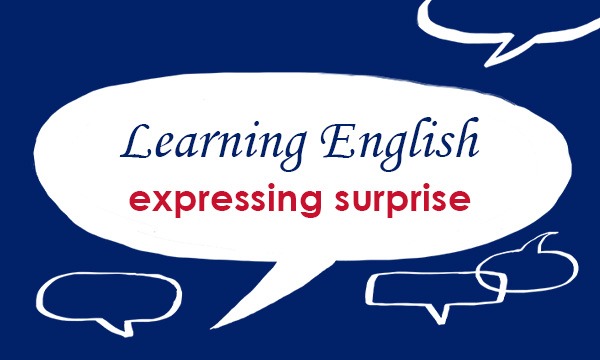
A simple way to show that you are surprised by what someone has said is to use Really?
‘Zareb is leaving?’ ‘Really? Why?’
‘I don’t think it’s a very good school.’ ‘Really? I was very impressed by it.’
‘I’m terrible at maths.’ ‘Really? I can’t believe that!’
A stronger way to show that you are surprised by what someone has said is to say That’s incredible! or That’s amazing!
You ran twenty miles in two and a half hours? That’s incredible!
So, Steve works a sixty-hour week? That’s incredible!
You cooked for sixty people? That’s amazing!
An informal way to show surprise at what someone has said is to say You’re kidding! or No way!
‘Daniel is leaving.’ ‘You’re kidding! He’s only been in the job three months!’
‘They’re buying a house in Bath.’ ‘No way! Another house?’
Finally, you can repeat part of the statement in a question to show surprise.
He ran out of time. – Did he?
I haven’t got a car. – Haven’t you?
Come back for more blogs on using English in everyday situations: https://blog.collinsdictionary.com/language-learners/learning-english/
All opinions expressed on this blog are those of the individual writers, and do not necessarily reflect the opinions or policies of Collins, or its parent company, HarperCollins.




collins_dictionary_official
The home of living language. #wotd #wordlovers #collinsdictionary
Read our word of the week definitions and blog posts: